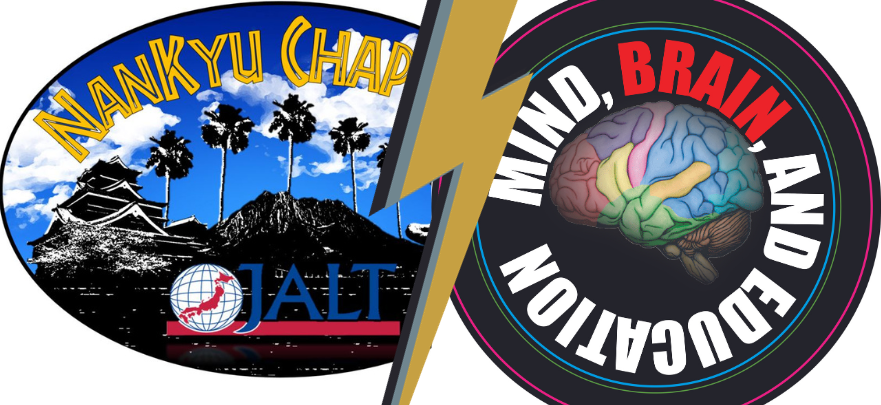Description
Navigating the intricate landscape of motivation in English language learning, cultivating a positive perception emerges as a fundamental factor. An exploration of this interplay through the dopaminergic system highlights that positive reinforcement not only activates neural pathways but also instigates behavioral adjustments and facilitates memory formation. Conversely, a lack of perceived reward dims these pathways, hindering the formation of new habits and impeding language acquisition. Language learners frequently oscillate between the realms of motivation and apathy during their learning journeys.
This presentation underscores the indispensable link between reward perception and language learning, proposing a valuable solution. The introduction of a simple, practical, and student-centered writing exercise empowers educators to guide students in uncovering personal motivations for learning English, connecting language acquisition with the activation of dopaminergic pathways. This tool aims to help students articulate diverse reasons for learning ESL and feel personally rewarded for their efforts. Educators can leverage this feedback to tailor strategies aligning with the unique motivations of each student.

